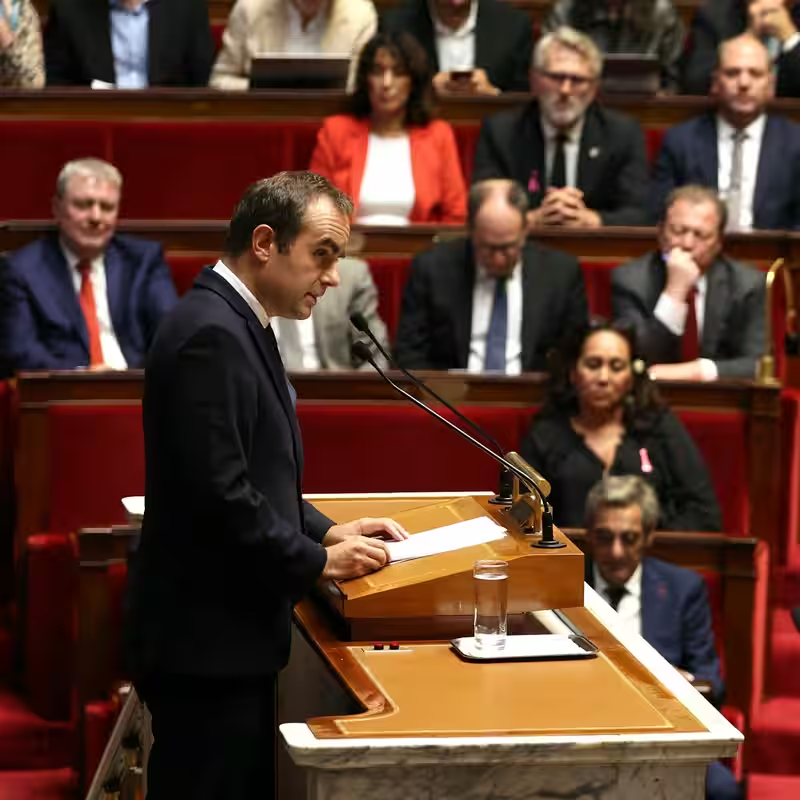In a high-stakes political maneuver aimed at quelling a deepening crisis, French Prime Minister Sébastien Lecornu has offered to suspend the controversial pension overhaul that has sparked weeks of unrest and brought his government to the brink of collapse.
Pension Overhaul Suspension: A Lifeline for a Fragile Government?
The announcement, made on Tuesday, October 14, 2025, marks a major concession from Lecornu’s administration as it braces for imminent no-confidence votes in the National Assembly. With his coalition lacking a stable majority, the prime minister’s survival has hung in the balance for days.
“In the interest of national unity and to allow for broader dialogue, I am proposing an immediate suspension of the pension reform measures,” Lecornu declared in a televised address from Matignon. The move is widely seen as a last-ditch effort to buy time and prevent a government collapse that could trigger early elections or even a constitutional crisis.
Why the Pension Overhaul Sparked Fury
The proposed pension changes—aimed at raising the retirement age and consolidating France’s 42 separate pension schemes into a single points-based system—have been met with fierce opposition from unions, students, and opposition parties across the spectrum. Mass protests, transport strikes, and public sector walkouts have paralyzed major cities since the reform was first introduced.
Critics argue the overhaul disproportionately impacts low-income workers and erodes hard-won social protections. The government, however, insists the reform is fiscally necessary to address a projected €14 billion annual deficit in the pension system by 2030.
No-Confidence Votes Loom Large
Lecornu’s government now faces two separate no-confidence motions: one filed by the left-wing NUPES alliance and another by the far-right National Rally. Neither motion is guaranteed to pass, but with centrist and moderate lawmakers increasingly uneasy, the outcome remains uncertain.
Political Fallout and Public Reaction
Opposition leaders welcomed the suspension but called it “too little, too late.” Jean-Luc Mélenchon, head of La France Insoumise, stated, “Suspending the reform isn’t enough. We demand its full withdrawal and the resignation of a government that governs against the people.”
Meanwhile, President Emmanuel Macron’s office has remained notably silent, fueling speculation about internal rifts within the executive branch. Analysts suggest Macron may be distancing himself from Lecornu to preserve his own political capital ahead of the 2027 presidential race.
What Happens Next?
The suspension of the pension overhaul is not a cancellation—it’s a pause. Lecornu has proposed a new round of negotiations with social partners, though unions have expressed skepticism about the government’s sincerity.
Timeline of the Crisis
| Date | Event |
|---|---|
| Sept 2025 | Pension overhaul bill introduced in Parliament |
| Oct 1–10, 2025 | Nationwide strikes and protests intensify |
| Oct 12, 2025 | No-confidence motions filed |
| Oct 14, 2025 | PM Lecornu announces suspension of pension reform |
| Oct 16, 2025 (Expected) | Parliamentary vote on no-confidence motions |
Conclusion
The suspension of the pension overhaul may have bought Lecornu a few critical days, but it has not resolved the underlying political fragility. As France watches nervously, the fate of its government—and the future of its social contract—hangs in the balance.




